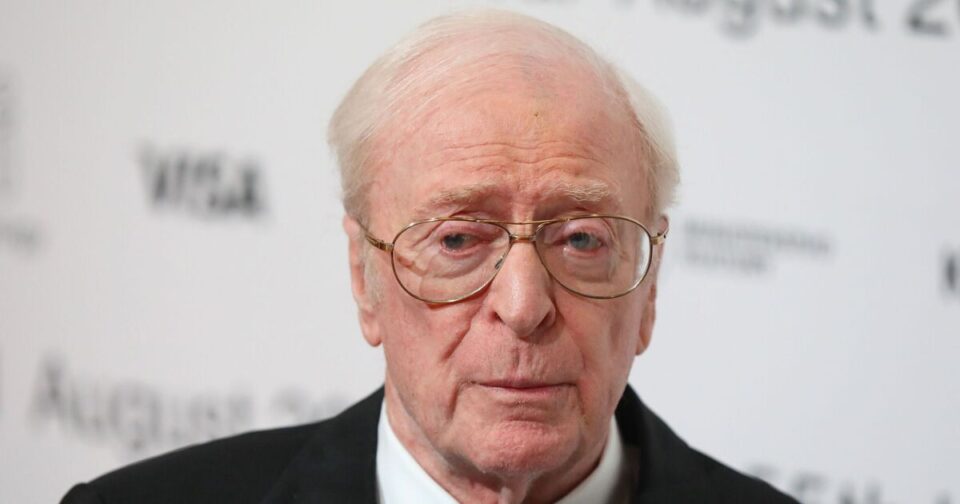Sir Michael Caine has made more than 130 films over the course of a career spanning seven decades, earning two Oscars and a reputation as one of Britain’s greatest screen legends.
From Alfie to The Dark Knight, Caine has played everything from gangsters to soldiers. But for all his cinematic success, there are a few projects he’d rather forget – and at the top of that list are two obscure made-for-TV spy thrillers that he later described as his “worst professional experience ever.”
Bullet to Beijing (1995) and Midnight in Saint Petersburg (1996) were belated sequels to the Cold War classic The Ipcress File (1965), which first introduced audiences to the British spy Harry Palmer – the antithesis of James Bond: working-class, cynical, and not that interested in saving the world -, a role that launched Caine into international stardom.
Following the success of The Ipcress File, Caine reprised the role in two further 1960s films: Funeral in Berlin (1966) and Billion Dollar Brain (1967). These early Harry Palmer movies were considered stylish, sharply written, and politically nuanced, a refreshing counterpoint to the glamorous, gadget-filled Bond films of the same era.
But nearly three decades later, the idea of revisiting the character in a post-Cold War world was resurrected, this time with a far smaller budget and a made-for-television format.
Set in a newly capitalist Russia, Bullet to Beijing sees Palmer reluctantly pulled out of retirement for one last mission, joined by a younger American sidekick played by Jason Connery (son of Sean Connery). Its follow-up, Midnight in Saint Petersburg, continues the story immediately afterward, with both films shot back-to-back in Russia.
Despite some on-location settings and a few elements of the original trilogy, neither film received critical acclaim, and fans of the original series largely found the plots and dialogue were shallow.
Caine himself has been candid about how much he disliked the experience. In a 2010 interview with The Daily Mail, he talked about just how disappointing the production was: “I was asked to work with an old friend – the spy Harry Palmer, one of my favourite characters and my first starring role – in two back-to-back sequels to the 1965 film The Ipcress File”, he said. “It was my worst professional experience ever.”
“Of course, like all bad experiences, there were some good things – Jason Connery, Sean’s son, and Marsha, the assistant and interpreter who guided [Caine’s wife] Shakira and me around St Petersburg”, he added.
He also shared an anecdote from the time: “A couple of days before I left, I was sitting in my usual corner of the cafe when one of the mafia guys came over and asked if he could join me. As if I could possibly say no. ‘Why do you have these stupid bodyguards?’ he asked. I replied to him all innocently, as if I had no idea of his occupation: ‘They say that there’s mafia here in St Petersburg and I’m worried about our safety.'”
“The filming itself was a joke. The final blow came when we were shooting in the Lenfilm studio itself. I wanted to go to the toilet and they directed me to it. I could smell it 50 yards away and it was thefilthiest lavatory I have ever seen. I went outside and relieved myself against the sound stage, which I noticed several other men had done before”.
“So this is where my career has ended, I thought to myself: in the toilet. I’m done. I picked myself up and took the family off to our place in Miami straight after Christmas.”
Today, Bullet to Beijing and Midnight in Saint Petersburg are mostly forgotten amidst Caine’s otherwise remarkable career. Caine has gone on to star in dozens of acclaimed films since, often returning to espionage and crime roles – but he’s never revisited Harry Palmer again.

